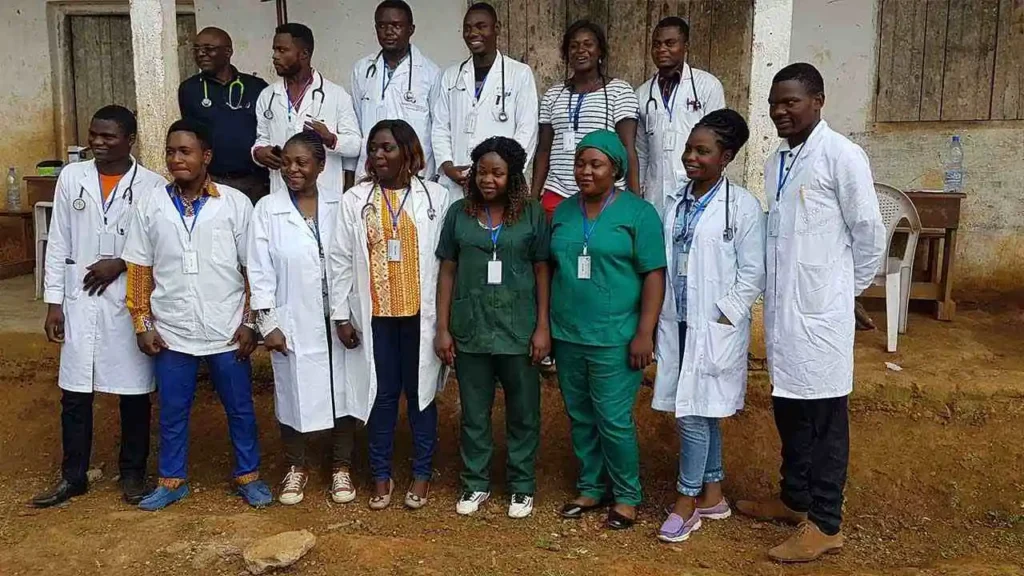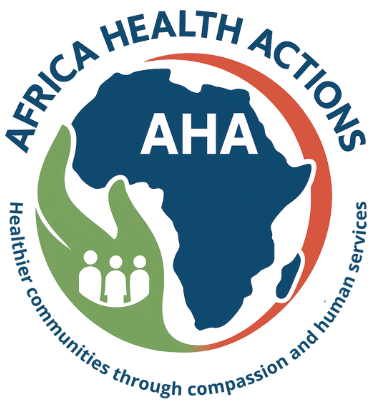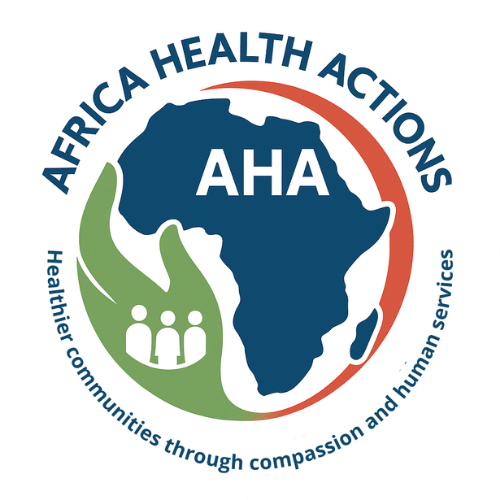The burgeoning burden of non-communicable diseases (NCDs), particularly cardiovascular disease and diabetes, poses a significant threat to the health landscape of sub-Saharan Africa, potentially offsetting the gains achieved through global efforts to combat infectious diseases.
The prevalence of these NCDs is on the rise, fueled by various factors such as lifestyle changes, urbanization, and an aging population. Sub-Saharan Africa is witnessing an alarming surge in the incidence of cardiovascular disease and diabetes.
These conditions, once considered predominantly associated with more affluent regions, are now emerging as major health challenges in this region.

The burden of these diseases is imposing a substantial strain on healthcare systems and resources. The increasing prevalence of these two NCDS es threatens the progress made in public health, particularly in the context of infectious disease control.
The shift in disease burden demands a broader and more diversified healthcare approach to address both communicable and non-communicable diseases effectively.
Our Goal
Our overarching goal with the Mobile Health Clinic initiative is to bridge the healthcare gap for populations residing in remote or underserved regions of Africa, where access to medical facilities is limited.
By strategically deploying mobile units equipped with essential healthcare services, we aim to significantly reduce health disparities, elevate health outcomes, and ultimately save lives in the hard-to-reach areas of the continent.
This commitment reflects our dedication to ensuring that every individual, regardless of their geographic location, has access to timely and quality healthcare, contributing to the overall well-being of communities in need.
Our Strategy:
Through our Mobile Health Clinic initiative, teams composed of physicians, nurses, lab technicians, and community health workers bridge the healthcare gap in underserved communities by bringing essential diabetes testing and blood pressure screening services directly to the people who need them most. This approach enhances access to healthcare and empowers individuals to take control of their health by identifying and managing these chronic conditions in a timely manner.

Holistic Approach
AHA recognizes that addressing the emerging burden of NCDs requires a holistic approach. In addition to diabetes testing and blood pressure screening, AHA extends its efforts to encompass activities like nutrition screening and primary dental care. These initiatives are designed not only to identify and manage existing health issues but also to promote overall well-being through preventive measures.
Community-Centric Intervention
By focusing on the poorest communities, AHA aims to bridge the healthcare gap and ensure that even the most vulnerable populations have access to essential screenings and care. This community-centric intervention is crucial for mitigating the impact of cardiovascular disease and diabetes on individuals and communities.
Partnerships and Sustainability
AHA actively seeks partnerships with local organizations, government health agencies, and other stakeholders to ensure the sustainability and scalability of the Mobile Health Clinic initiative. Collaborations facilitate resource-sharing, broaden the reach of services, and enhance the overall impact on community health.
Empowerment Through Education
In tandem with screening services, AHA implements health education programs. These programs will empower individuals with knowledge about NCD prevention, self-care practices, and the importance of regular health check-ups. Empowered communities are more likely to adopt healthier lifestyles and actively engage in managing their health.

